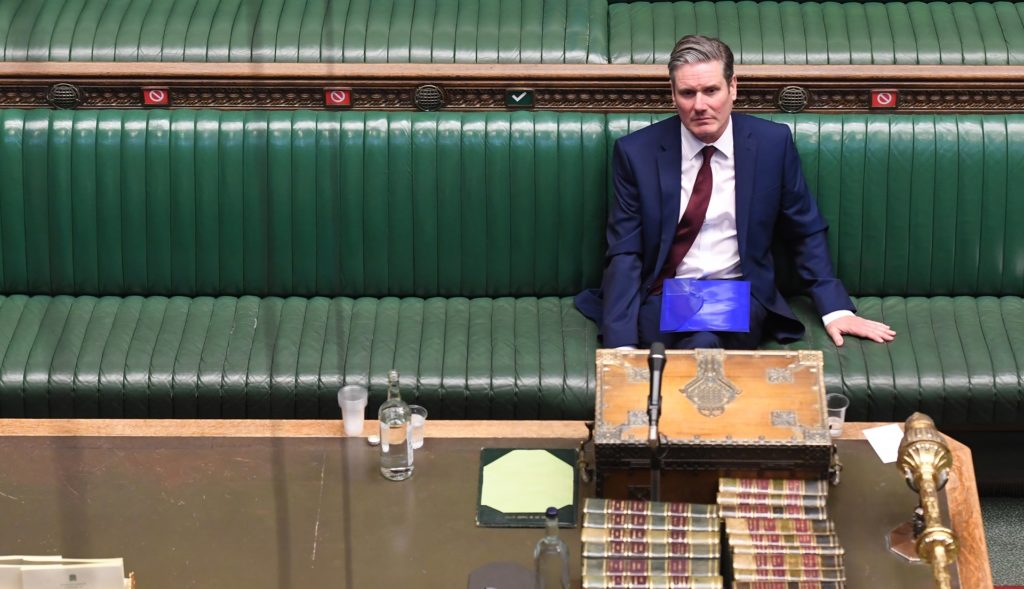Paula Keaveney

©UK Parliament / Jessica Taylor
After a massive build up and an election night involving a partial re-count, we have a result. Can Keir Starmer breathe again?
The Labour victory in the Batley and Spen by-election (winning by 323), a close result after a tense and at time acrimonious contest, is qualified good news for Labour leader Keir Starmer. Losing the Labour seat, after the loss in Hartlepool and the poor performance in Chesham and Amersham, would have exacerbated the attacks on his leadership. But those disappointed by Starmer will still point to a loss in vote share in a seat which, in previous years, would have been in the “easy hold” category.
Politics is often a game of expectation management and perception. A set of figures can be read several ways, and spinners and commentators know that it is often the “first take” which runs the story. And there is a lot to choose from. There is share of the vote – for Labour this time it was 35 per cent. There is change in share from previous contests. And there is performance against expectations.
While this result may pause some of the anti-Starmer briefing and speculation within the party, it is clear that some see the narrowness of the result as being akin to a loss. Most of us are asleep at the time morning results are declared. But you can tell who has an agenda by the speed as well as the contents of what is said. “This is Labour’s lowest-ever share of the vote in Batley and Spen. In 2019 they won 43%” is how one left wing anti Starmer website put it minutes after the declaration.
Most early commentators describe the result as providing breathing space for Starmer. If winning is what matters, he has won. And he can now have a happy photo opportunity in Yorkshire with the victor, Kim Leadbeater. It is also clear that the spoiler campaign run by former MP George Galloway has not achieved its stated aim of causing a Labour loss.
But it is simply too early to say that attacks on Starmer won’t continue (albeit in a more behind-the-scenes way). Labour activists will be cheered by their ability to defend a seat under considerable attack. But questions will be asked. Good campaigning is essential when margins are close. But should the margin have ever got that close? And Labour face potential difficulties in future. There are two MPs, elected in 2019 for Labour, with trials coming up this year, either of which could end up leading to a by-election.
Starmer however does have some advantages. The political calendar in the UK means the Parliamentary recess is not that far off. Autumn sees party conferences which, whether online or in person, give party leaders a chance to re-set, re- launch and re-enthuse.
But while Sir Keir ponders what the result means, the Conservative party needs to pause for thought too. It used to be rare for sitting Prime Ministers to campaign in by-elections. Boris Johnson however made a point of paying visits to West Yorkshire for this one. And the Conservatives failed to manage expectations properly. The narrative of “another hole in the red wall” was allowed to take hold and run in most media.
The question remains as to whether by-elections are significant and how we should decipher the results. I have written about this elsewhere on this site, but real political junkies love by-elections – so bring them on.
Paula Keaveney is programme leader for Politics at Edge Hill University.
